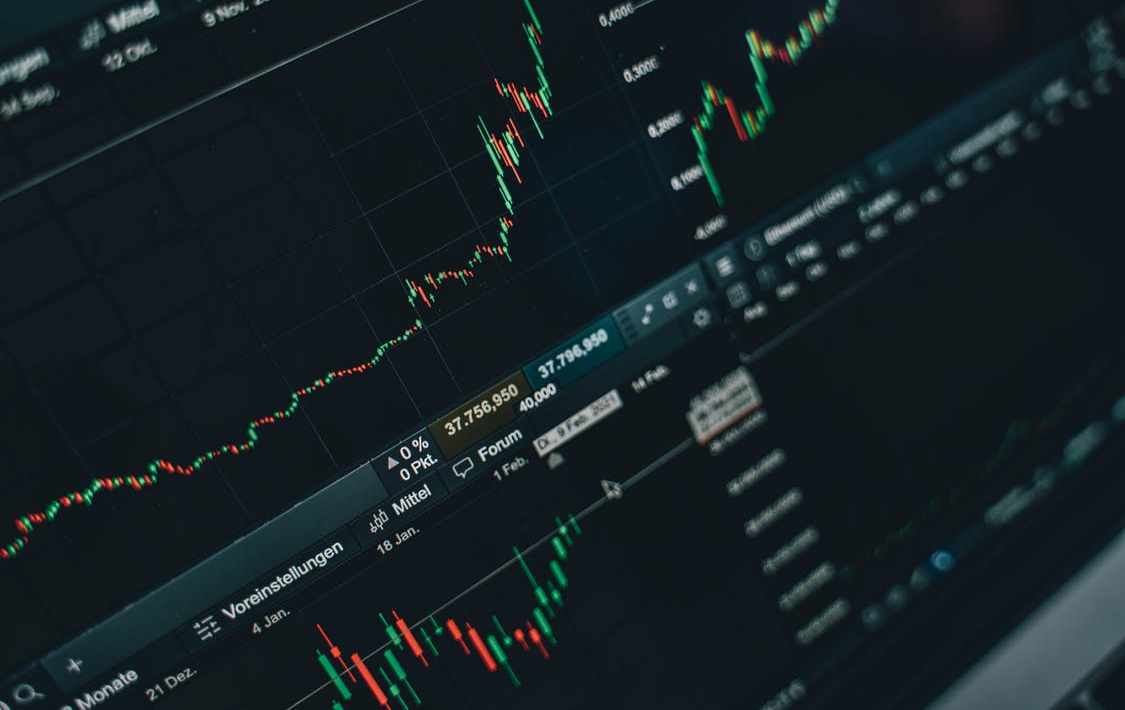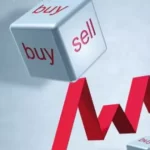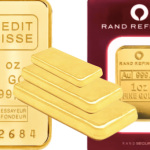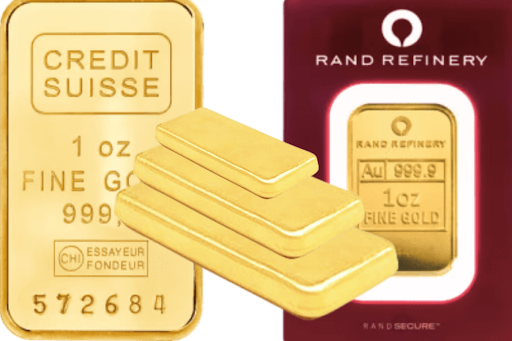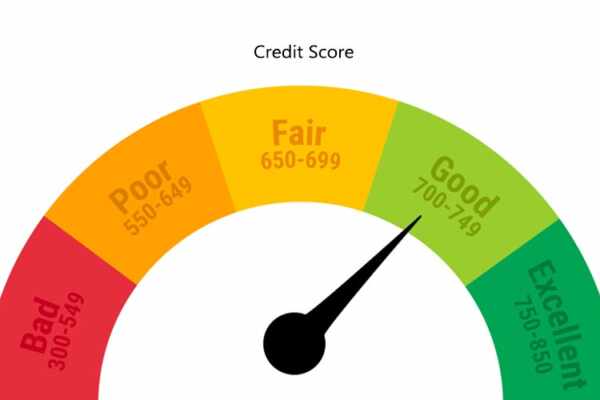When it comes to financial instruments, there are a lot of choices available for investors and traders. But when it comes to derivative products, two of the most popular choices are CFDs and futures. So, what is the difference between these two types of products? And which one should you choose for your trading needs?
Table of Contents
What are CFDs?
CFDs, which stand for Contracts for Difference, are derivative products that allow you to trade on the price movements of underlying assets. These can include indices, commodities, stocks, and even cryptocurrency. You don’t own the underlying asset with CFDs – you’re merely speculating on its price movement.
What are futures contracts?
On the other hand, futures contracts are agreements to buy or sell an asset at a set price on a specific date. Unlike CFDs, you’re buying or selling the underlying asset with futures contracts. If you enter into a long position (buy), you will receive the asset on the specified date, and if you enter into a short position (sell), you will have to deliver the asset on the specified date.
Critical differences between CFDs and futures
Let’s take a look at some of the key differences between them:
Margin requirements – When trading CFDs, you will only need to put down a small deposit, known as a margin, typically around 5% of the purchase price. However, leverage is a lot lower with CFDs than with futures contracts, where you can get much higher leverage.
Costs – When trading CFDs, there are no transaction costs or commissions on your trades. The broker makes their money off the spread – the difference between buying and selling prices. Futures contracts have commission charges as well as transaction costs that are incurred from partaking in the contract. These can be pretty high, especially for active traders who make many transactions each month.
Dividends/interest rates – With most underlying assets, dividends and interest paid on those assets are typically included in what’s known as ‘the cost of carrying’. It includes dividends, as well as interest paid on a short position. You don’t receive these benefits with CFDs – you only profit from the underlying asset’s price movement.
Trading hours – While most CFDs are traded 24/7, futures contracts typically have specific trading hours for each underlying asset. For example, one standard asset class is equities or stocks, and these will trade during market hours in their respective time zones (i.e., 8:30 am – 4:00 pm EST in New York). Anyone looking to trade an equity index that isn’t listed in a significant market would not be able to do so with futures contracts. They could, however, use CFDs instead, which allow you to trade 24/7.
Expiry dates – Futures contracts have a set expiry date, at which point the contract is settled. It means that if you’re in an extended position, you will need to take delivery of the asset. If you’re in a short position, you will need to provide the asset. There is no expiry date with CFDs – you can hold your position for as long as you want.
Leverage – As mentioned earlier, leverage with futures contracts can be pretty high. When the cost of the underlying asset moves, the value of the contract also changes. So, if you have a $10,000 account and enter into a futures contract with 20:1 leverage, you’re effectively trading $200,000 worth of the underlying asset. With CFDs, leverage is lower, with most brokers offering around 10:1 or less.
Conclusion
When it comes to futures trading or CFDs, there are some key differences you should be aware of before deciding on which type of product is best for you. You’ll typically get lower leverage with more trading hours and no dividend/interest rates with CFDs.
On the other hand, futures contracts have higher transaction costs and commission charges and specific trading hours that must be adhered to. Ultimately, choosing these two types of financial instruments will come down to your preference and what meets your needs as a trader or investor.
For information on CFDs such as local terms and conditions, view page to find out more.

